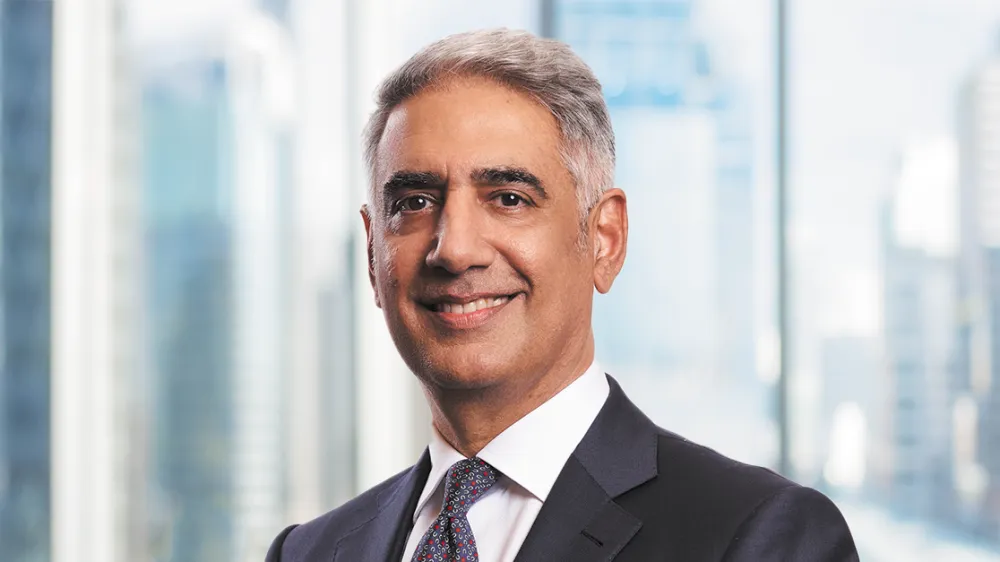
Diversity in Asia-Pacific region’s clinical trials pushed
Hospitals should use inclusive trial designs for more effective treatment, Medidata says.
Healthcare providers in the Asia-Pacific region should promote diversity in clinical trials for more effective medical interventions and equal access to treatment, according to Medidata Solutions, a US-based technology company.
Underrepresentation complicates future clinical development and data accuracy, Edwin Ng, senior vice president and general manager for Asia-Pacific at Medidata, which develops and markets software as a service for clinical trials, told Healthcare Asia.
“Hospitals and healthcare groups are the closest to the ground and most exposed to diverse patients and their various conditions,” he said, highlighting their potential to raise awareness about clinical trials.

“By being transparent about the impact of clinical research on treatment options, patients who opt to participate can be better equipped for the process,” he added.
Ng said hospitals should prioritise trial designs that foster inclusivity by choosing study sites trusted by underrepresented groups, and by taking a data-driven approach in recruiting patients from different backgrounds.
“If certain therapies are developed based on data from a specific population, the treatment could be less effective on others from different communities or minority groups,” he pointed out.
Meanwhile, he noted the use of technology and data analytics for clear communications and streamlined processes, citing the use of Medidata’s Rave Companion at Japan’s Kurashiki Central Hospital.
Rave Companion cuts clinical trial data entry efforts for sites by making it simpler and faster to get source data from electronic health records or lab values in a spreadsheet, into the Rave electronic data capture, reducing typing errors.
“In a pilot test conducted, clinical trials using Rave Companion saw a decrease of 36% in query rate and 19% reduction in data entry time required per field,” Ng said.
He also said regulators should continuously ensure seamless processes to support the region’s potential as a hub for clinical research.
Clinical trials in the Asia-Pacific region have consistently grown to 14,346 in 2023 from 11,571 in 2019, he said, citing GlobalData and Novotech reports that showed the region accounted for 58% of global Phase I clinical trials in 2022.
Ng cited Australia’s Research and Development Tax Incentive scheme, which incentivises research and development by offering a tax offset for activities related to clinical trials.
He also praised Chinese and Japanese efforts to streamline their trial approval workflows. “Japan offers a fast-track drug review option that allows for some steps to be postponed, shortening the typically year-long process.”
“China updated its investigational new drug review procedure in 2018 to shorten the time for regulatory approval of clinical trial applications from 265 days to 65 days,” he added.
Ng also cited higher technology and infrastructure investments in artificial intelligence (AI). “Just this year, Singapore unveiled plans to invest more than $768.2m (S$1b) over the next five years to boost its AI activities and enhance the country’s competitiveness in the digital economy,” he pointed out.
He added that the focus on AI could fast-track drug development timelines, driving the city-state’s potential in clinical trials.
However, regulatory differences between countries in the region pose some challenges because they make cross-border trials more complex and expensive, he said, adding that setting a global minimum standard could ease the problem.
“Regulators can also play a part in sharing best practices,” Ng said. “The Food and Drug Administration publishes updates and conducts workshops on the use of AI in clinical trials.”
“These sessions are designed to facilitate discussion amongst stakeholders and to guide the development of policies that govern the use of AI in clinical settings,” he added.



















 Advertise
Advertise






